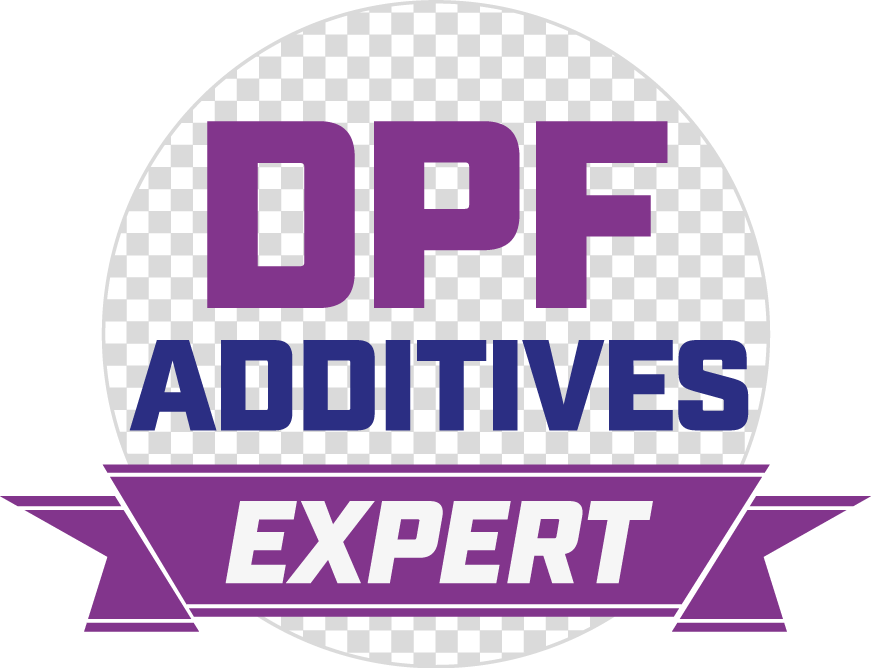FBC stands for Fuel Borne Catalyst. This means that it is a catalyst which is carried in the fuel, rather than coated on a surface as is the case for a Catalytic Converter. An FBC can be either:
- A metal oxide based fuel additive which survives combustion in the engine and enters the exhaust.
or
- Organometallic compounds/ organic salts that are activated by combustion to produce metal oxides/sulphates in the exhaust gas.
The most commonly used metals in FBCs are Iron, Cerium and Platinum. After combustion FBCs combine with soot particles as they form. Embedded metal oxides are a catalyst for soot burn off at much lower exhaust gas temperatures.
The fact that FBCs survive combustion in their active form differentiates them from traditional fuel additive components. The organic chemicals used in traditional fuel additives (e.g. detergents, cetane improvers, etc.) cannot be effective in the exhaust because they are destroyed in combustion.
